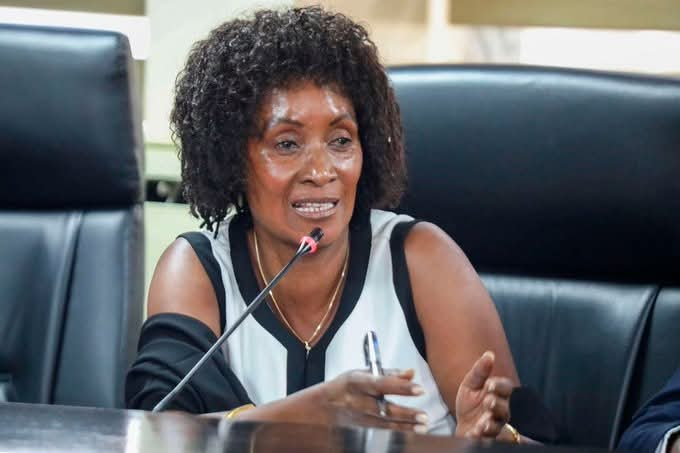The Social Health Authority (SHA) has opted not to enroll over 360,000 teachers in health coverage due to insufficient nationwide infrastructure. Nancy Macharia, the CEO of the Teachers Service Commission (TSC), explained that their attempts to integrate teachers into SHA were unsuccessful because the insurer lacks the necessary structures to support them across the country.
During a session with the National Assembly Education Committee, Macharia expressed the TSC’s longstanding desire to include teachers in a public insurance scheme, which has yet to materialize.
“Last year, when we faced issues with Minet, we aimed to transition our teachers to SHA. Our goal has always been to have our teachers covered by the national insurer, even back in the NHIF days,” she stated.
She recounted a meeting with SHA prior to renewing the contract with Minet for the final year, where SHA indicated that they required Ksh.37 billion to enroll the teachers but were not prepared to take them on this year.
This discussion was prompted by numerous complaints from teachers nationwide who are struggling to access medical care, despite the Ksh.20 billion contract TSC has with Minet for educators’ health insurance.
Committee Chairperson Julius Melly highlighted a concerning incident involving a teacher who was placed in solitary confinement for three months due to unpaid hospital bills, despite having insurance.
“What kind of insurance is this? It’s a mess; it lacks coherence. You have an insurer, a lead consortium, an administrator, a capitator — it’s a confusing type of insurance. We need to move away from this,” Melly remarked.
Luanda MP Dick Maungu suggested that teachers be organized into clusters based on job group or region to expedite the approval process at health facilities, arguing that the current centralized system is inefficient.
“With Bliss Health Care as the primary capitator and given the large number of teachers, timely approvals are challenging, leading to delays. Why can’t we cluster teachers to streamline the process? The system is currently overwhelmed,” Maungu noted.
Macharia, however, pointed to insufficient funding as a significant obstacle to providing comprehensive medical insurance.
She urged the committee to allocate more resources, stating, “For our teachers to receive the best medical services, they need to be fully insured. Unfortunately, we cannot achieve this due to budget constraints. We also require timely funding to the consortium, as delays are common.”
